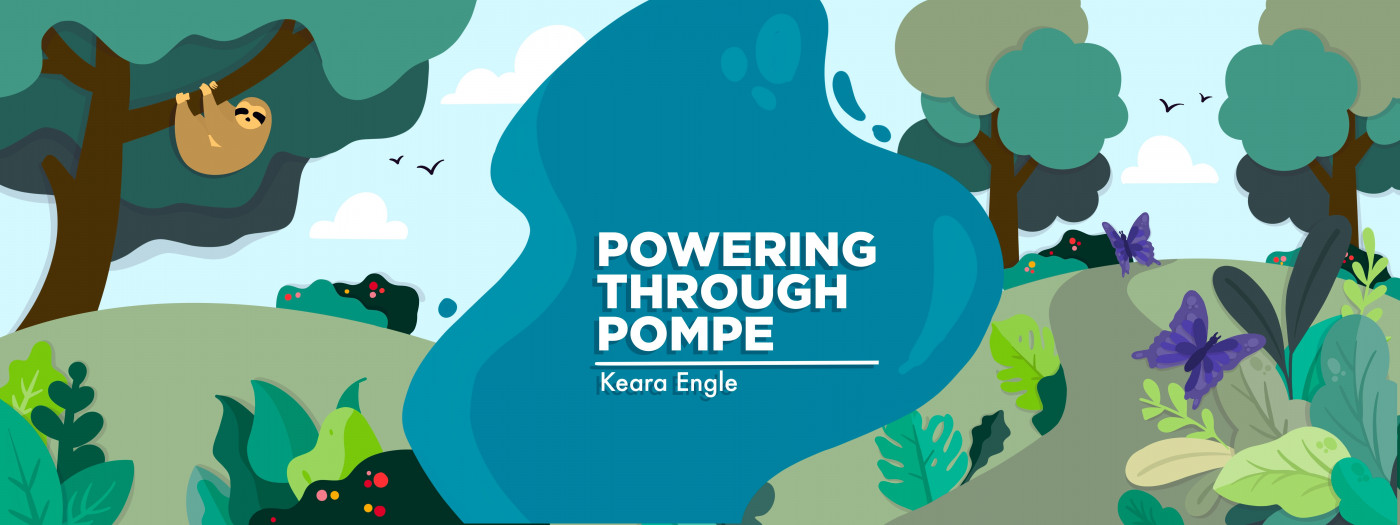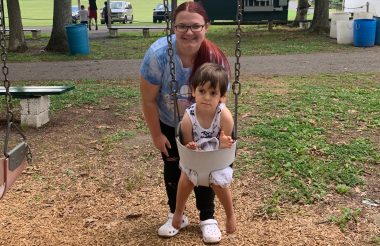Recognizing My Son for His Abilities, Not His Disabilities
Written by |

Oftentimes, a person with a rare disease may struggle with day-to-day activities such as walking, talking, eating, and getting dressed. This is the case for my 3-year-old son, Cayden.
At the young age of 1 month, Cayden was diagnosed with a very rare genetic disease known as infantile-onset Pompe disease. When he was diagnosed, I knew he would encounter challenges in life, I just wasn’t sure to what extent.
Fortunately, there is a treatment option for Pompe disease, which consists of weekly or biweekly infusions of an enzyme replacement therapy called Lumizyme (alglucosidase alfa). The infusions help to slow down muscular damage, but they don’t stop it completely.
As Cayden grew, his muscles continued to become weaker and weaker. While this is upsetting, it’s not something for which I pity him. I don’t want him to grow up thinking he is only his disease. Because the truth is, he is so much more than that!
While having hypotonia, or weak muscles, certainly affects his ability to do things, it doesn’t stop him from doing the things that he loves. Cayden enjoys coloring, painting, doing puzzles, throwing a ball, stacking blocks, and swinging in the park.

One of the activities Cayden, 3, enjoys is swinging in the park with his mom. (Photo by Keara Engle)
When he does these activities, I see the joy and excitement in his eyes. After completing a puzzle or painting a picture, he is in awe, and anxious to show me his creation. These are the moments that warm my heart.
Prior to cold and flu season, Cayden was in preschool twice a week. He thrived in the environment and was thrilled to be around other children his age. However, Cayden gets a bit jealous and upset when he sees kids doing things that he physically cannot do.
This is a tough situation for me. While I try to praise him for the things he can do, he’s most likely always going to have some type of feelings about what he can’t do. I’m hoping that as he gets older he will recognize that even though he can’t do everything, there are tons of fun activities that he still can enjoy.
I am thankful that Cayden still has the ability to use his hands and arms. Although his legs and lungs are very weak, other parts of his body are fairly strong. I hope that it stays that way.
Sometimes I mourn the thought of what life could’ve been like for my son if he didn’t have Pompe disease. These thoughts and feelings are completely normal, and I assume that many rare disease parents can relate to them. But during those times, I have to remind myself of everything that Cayden can do and choose to be thankful.
***
Note: Pompe Disease News is strictly a news and information website about the disease. It does not provide medical advice, diagnosis, or treatment. This content is not intended to be a substitute for professional medical advice, diagnosis, or treatment. Always seek the advice of your physician or other qualified health provider with any questions you may have regarding a medical condition. Never disregard professional medical advice or delay in seeking it because of something you have read on this website. The opinions expressed in this column are not those of Pompe Disease News, or its parent company, Bionews, and are intended to spark discussion about issues pertaining to Pompe disease.







Suzette Pickup
Oh my heart Keara Engle !!!! This boy is so blessed to have you as his Mama. I cannot imagine the struggles you both face daily and I look at you both and I am just in awe of the wonderful way you look at the challenges that you both face. You have a gift, as I am reading this article tears are flowing freely. Not sad tears, not happy tears, maybe tears of relief that the two of you have on another?? I pray for you both.